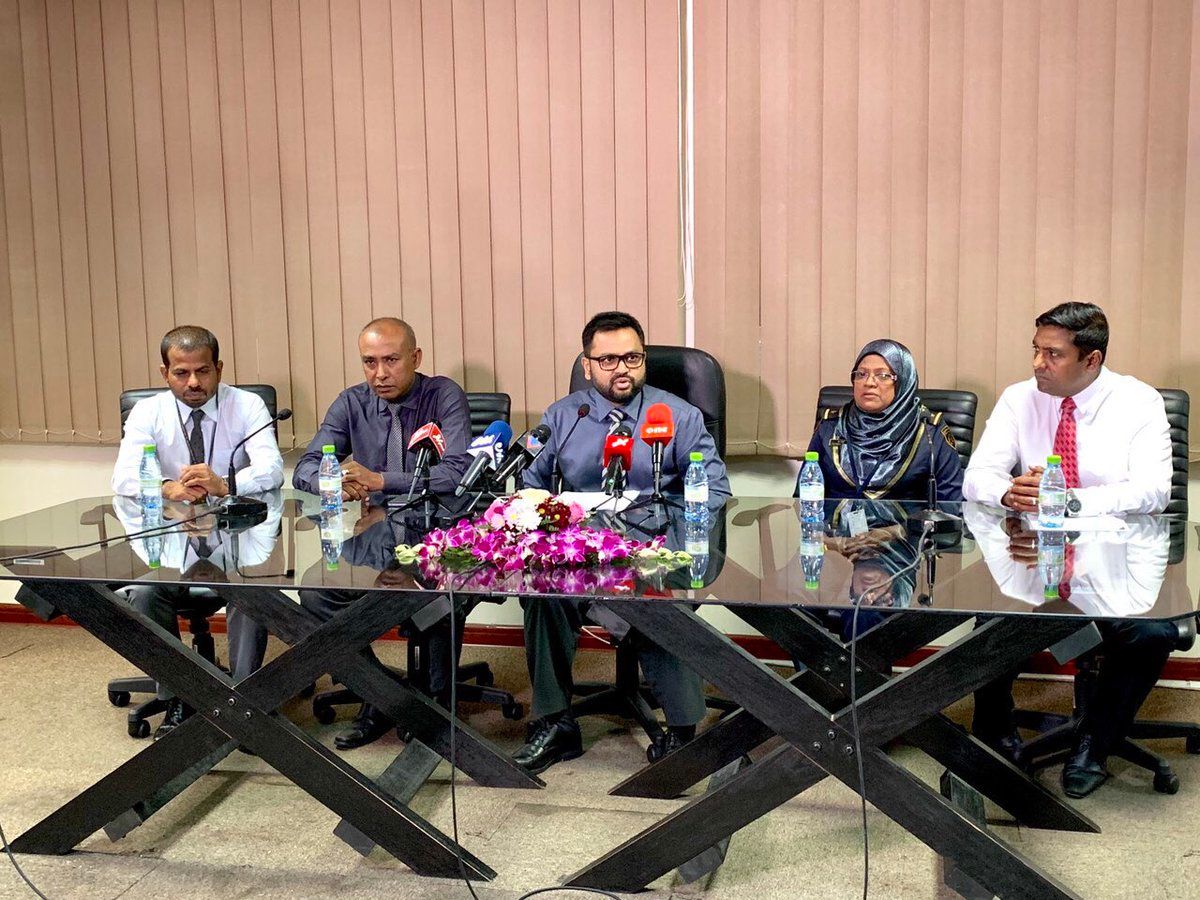Number of illegal migrants estimated at 63,000
Quotas were issued illegally under the previous government, the new immigration controller told the press.

17 Jan 2019, 09:00
An estimated 63,000 foreign nationals are working in the Maldives illegally out of a migrant worker population of 144,607, Controller of Immigration Mohamed Ahmed Hussain ‘Hanafy’ told the press Thursday.
A one-year campaign dubbed ‘Operation Stingray’ began on January 2 to address the problem of undocumented workers and raise public awareness, he announced at the first press briefing by the immigration department since the new government took office in November.
Under the operation, illegal migrants would only be arrested and deported as a last resort after they are offered an opportunity to leave the country, the new controller said.
Rounding up undocumented workers through police raids would be easy, “but we should think more about prevention than making headlines,” said Hanafy, who was appointed on December 23.
Become a member
Get full access to our archive and personalise your experience.
Already a member?
Discussion
No comments yet. Be the first to share your thoughts!
No comments yet. Be the first to join the conversation!
Join the Conversation
Sign in to share your thoughts under an alias and take part in the discussion. Independent journalism thrives on open, respectful debate — your voice matters.




